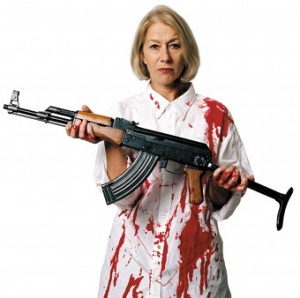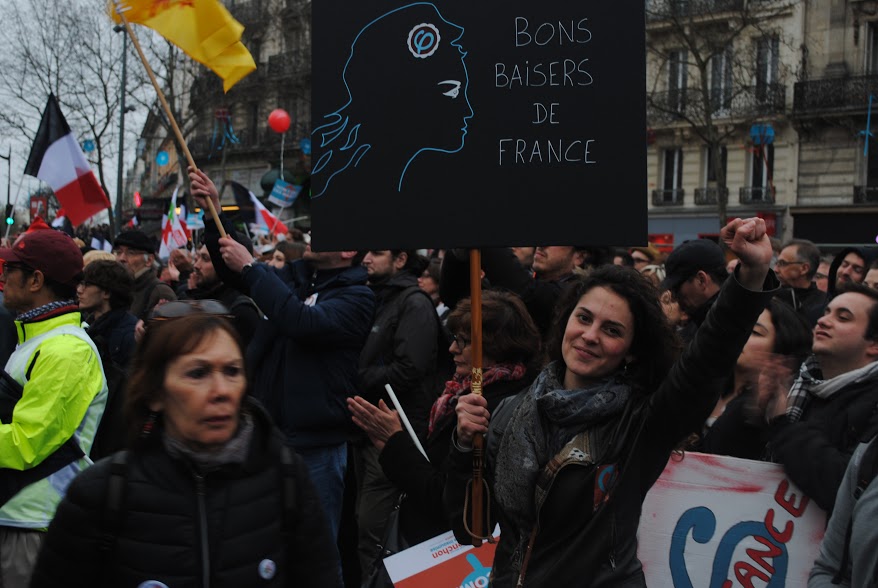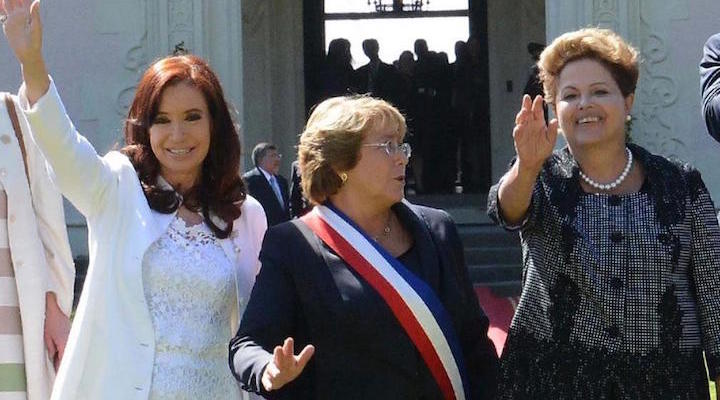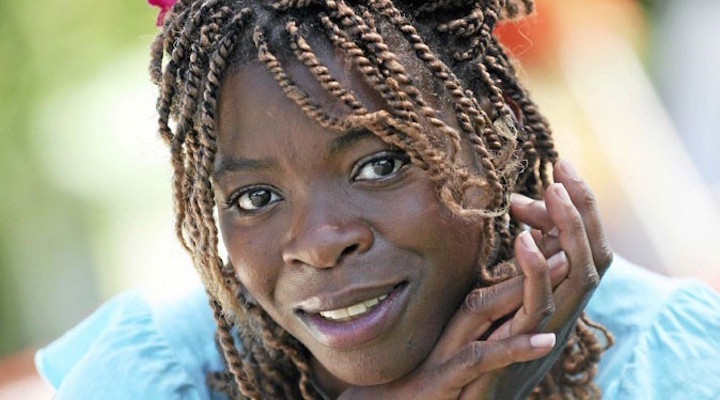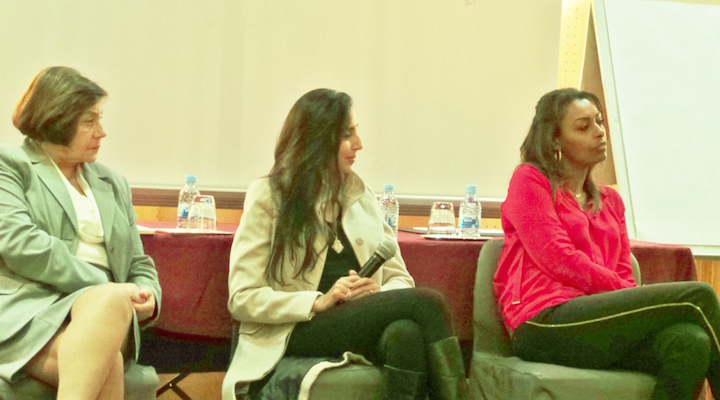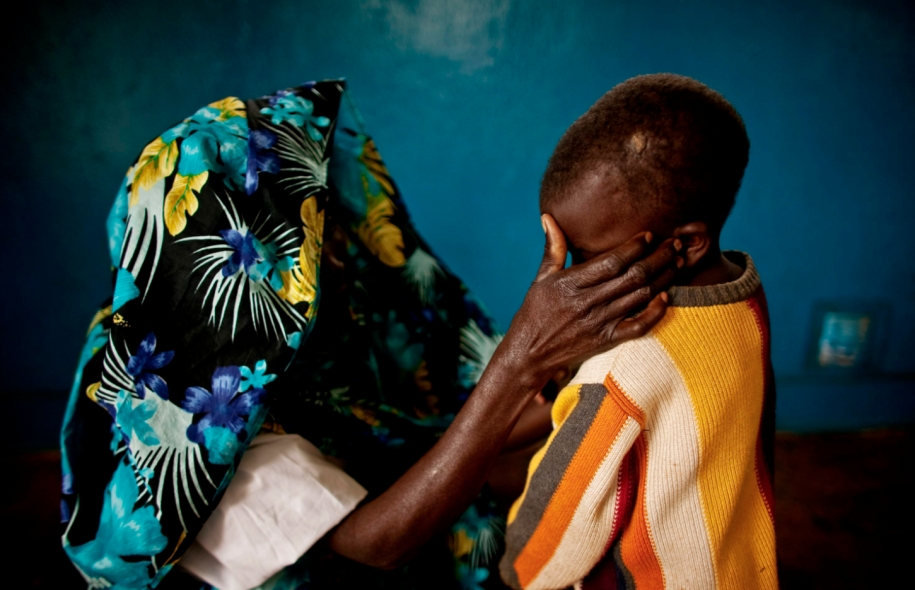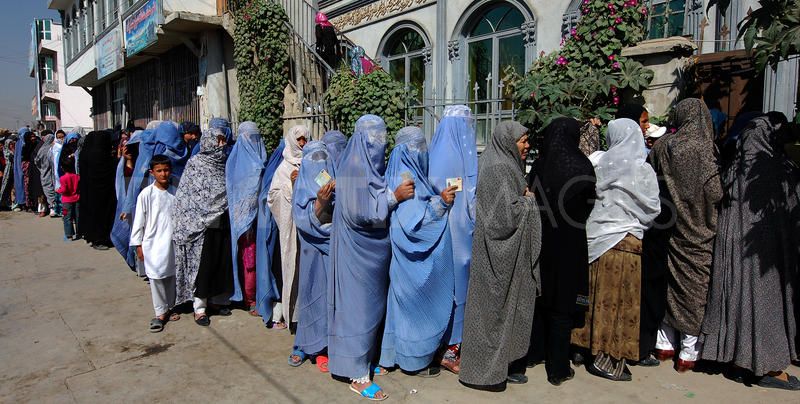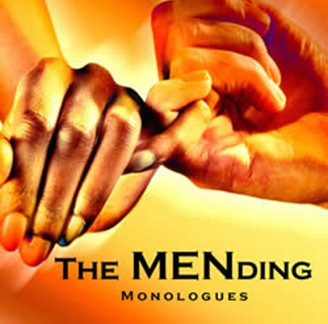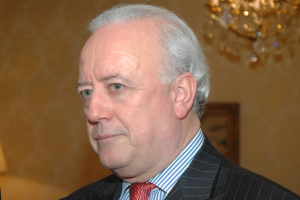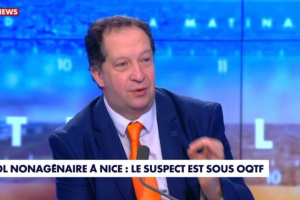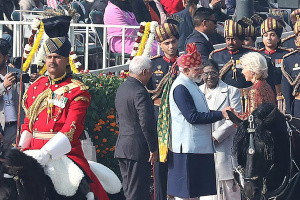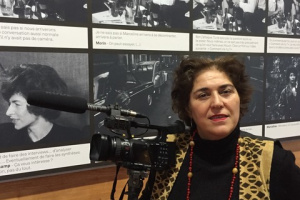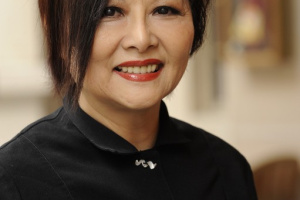The international community will meet for ten days at the United Nations to discuss the draft of a new Arms Trade Treaty, which specifically condemns arms used to commit or facilitate gender-based violence. Since March 18th, diplomats from across the globe are meeting in New York to discuss the possibility of an internationally recognised treaty on the transfer of weapons. The UN Conference on the Arms Trade Treaty is the latest attempt by the International community to reach an agreement regarding the regulatory framework of the weapons industry. Previous attempts at negotiations in 2006 and 2012 both failed to reach any agreement. A draft version of the treaty states that its aims are to contribute to international peace, security and stability by “establishing the highest possible common standards for regulating or improving the regulation of the international trade in conventional arms.” It also explicitly states that weapons exporters should avoid transferring arms to be used “to commit or facilitate gender-based violence”. Gender-based violence is not strongly addressed However, the treaty has been heavily criticised in a joint report by the NGOs Oxfam and Safeworld, entitled Getting it Right, which condemns the treaty for requiring a state to only ‘consider taking feasible measures’ to avoid arms being transferred for the commission or facilitation of gender-based violence (GBV). The report goes on to suggest that such anaemic language could undermine the obligations of states to protect against GBV. Caroline Green and Chitra Nagarian’s 2012 report on the link between the global arms trade and GBV shows that cultures of violence and discrimination against women are often exacerbated during times of conflict. “Instability and armed conflict lead to increases in armed violence, including GBV,” state Green and Nagarian. Adding, “Indiscriminate forms of violence are often used as a weapon of war and are deployed strategically to shame, demoralise, terrify and humiliate the enemy, with women and girls often viewed as the bearers of cultural identity.” The availability of firearms is also thought to exacerbate instances of domestic violence considerably. A 2003 study by The American Journal of Public Health shows that in the US a gun in the home increases a woman’s chance of being murdered by her husband or boyfriend five-fold and that a woman’s chances of being murdered in a gun owning household are triple that of a man’s. The Oxfam and Safeworld report calls on the UN to use more robust language in the final treaty in order to properly address the issue of GBV. While praising the draft for considering GBV the report accuses the UN of removing such concerns from the wider considerations of armed conflict and ignoring the serious risks often associated with international transfer of weapons. “A strong ATT could make a huge difference to the lives of millions of innocent people around the world,” states Roy Isbister, Safeworld’s Head of Arms Transfer Controls. “But the loopholes in the current text could actually make things worse, by giving legal cover to bad practice. It’s critical that states refuse to settle for a Treaty that fails to protect lives and livelihoods and instead put all their efforts into delivering a treaty that gets it right.” The Control Arms Campaign will run events all week to make the states accountable of adopting a strong ATT. Cléo Fatoorehchi et Nathan Busby
Another bogus Arms Trade Treaty?
Another bogus Arms Trade Treaty? / Les femmes sont les grandes oubliées du projet de traité sur le contrôle des armes
L’ouverture de négociations pour l’adoption du Traité sur le Commerce des Armes (TCA) a débuté le 18 mars au siège de l’Onu à New-York. Les organisations de droits de l’homme réclament un tel traité depuis maintenant dix ans. Alors que les pourparlers auraient dû aboutir en juillet 2012, les gouvernements ne s’étaient accordés que sur un projet de TCA. Ce projet sert aujourd’hui de base aux discussions.
Les ONG, réunies au sein de la coalition mondiale « Contrôlez les Armes », protestent déjà, car la violence à l’égard des femmes n’est pas prise en compte dans le projet. Or, les femmes sont les principales victimes des armes à feu. Elles sont visées lors de conflits pour affaiblir le moral de l’ennemi et l’on estime qu’elles ont cinq fois plus de chances d’être assassinées par leur mari ou leur compagnon s’il y a une arme à feu au sein du foyer.
Toute la semaine, la coalition « Contrôlez les Armes » va organiser des événements partout dans le monde afin de s’assurer que les Etats s’entendent sur un Traité ferme.






